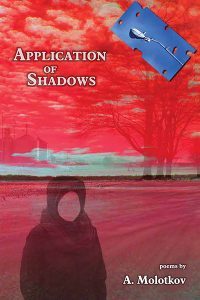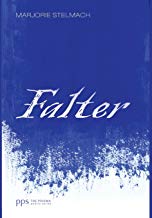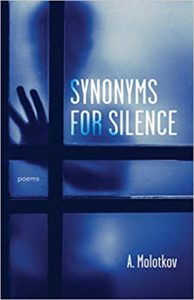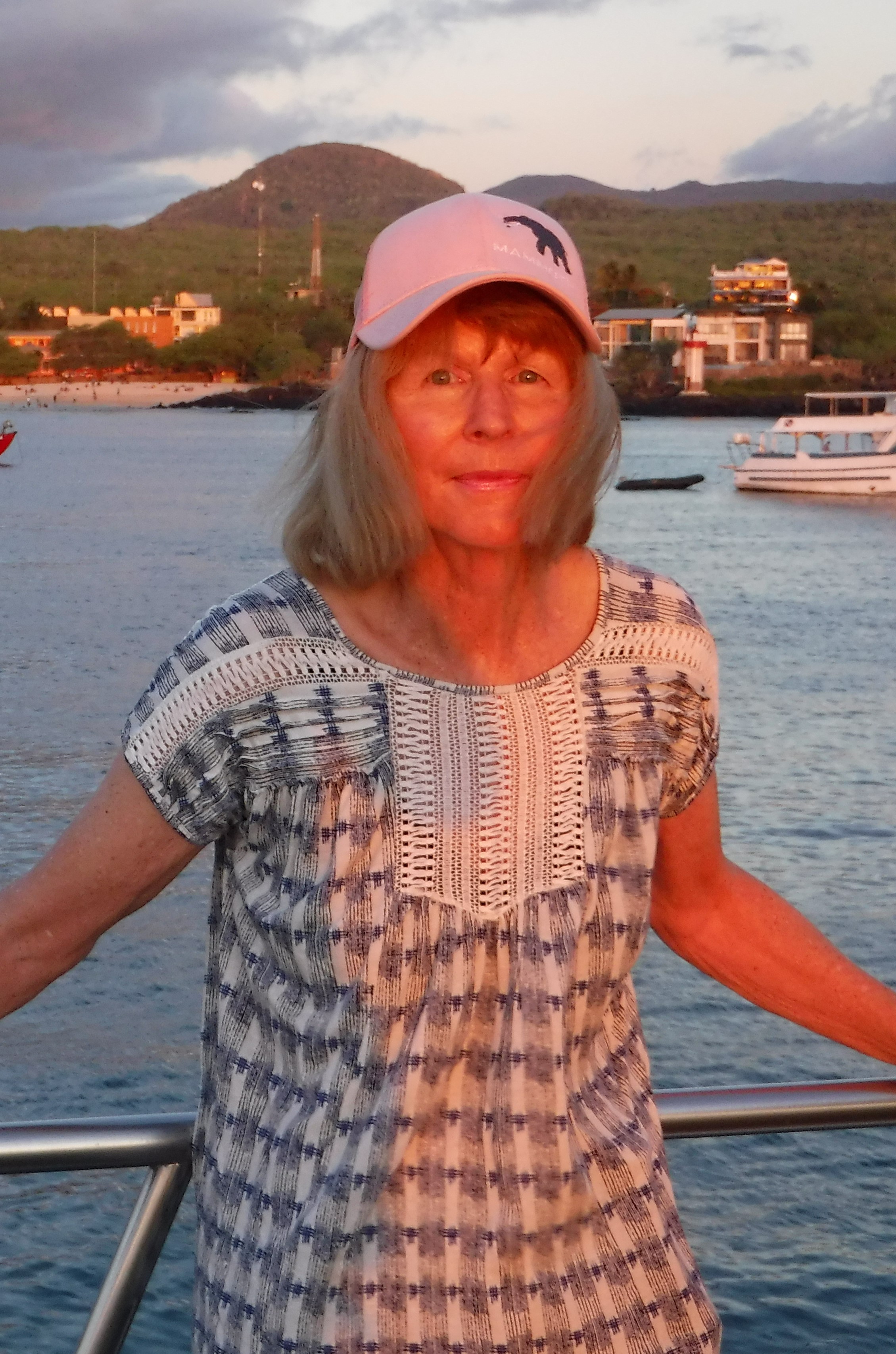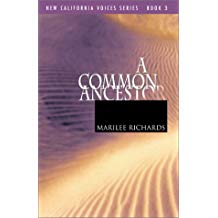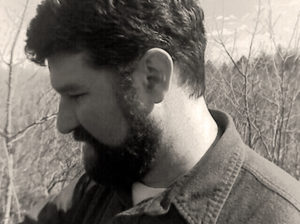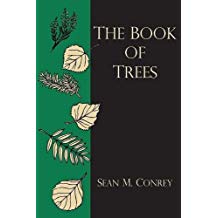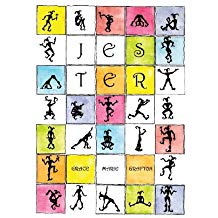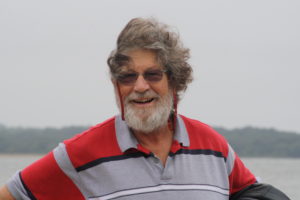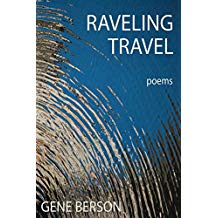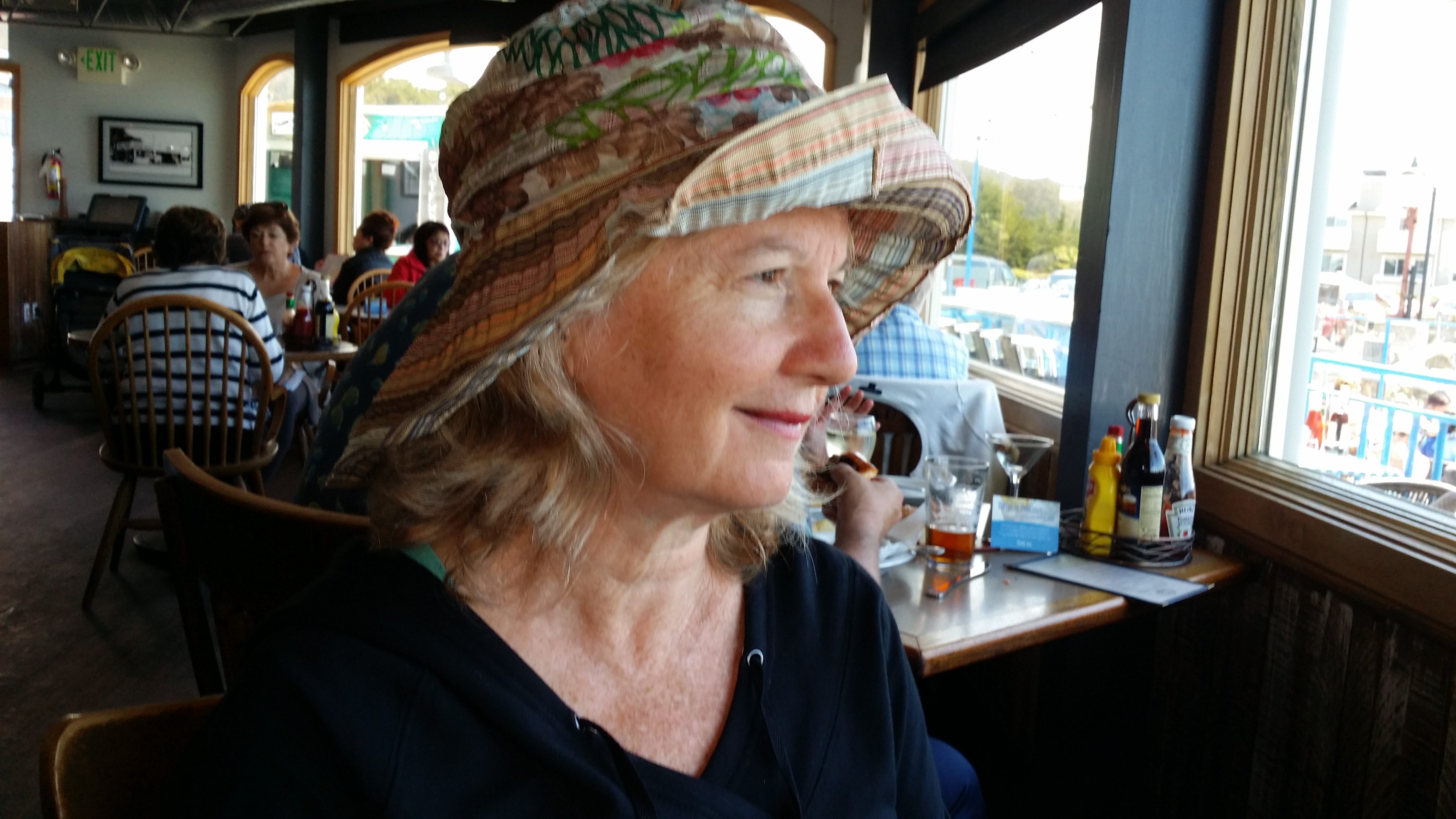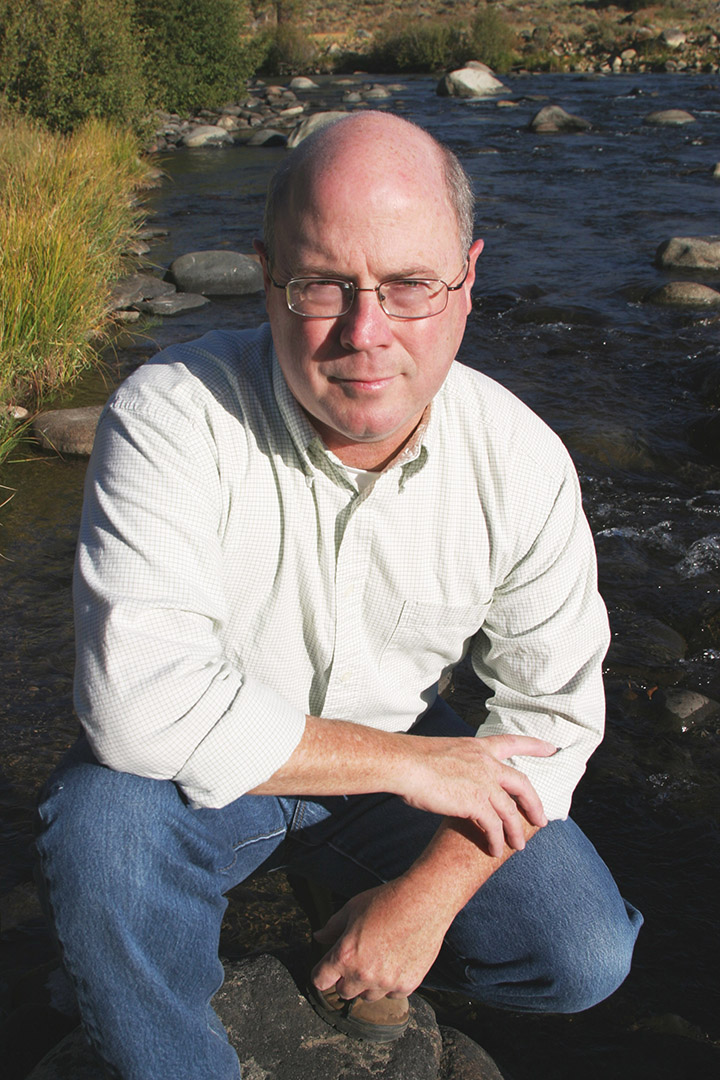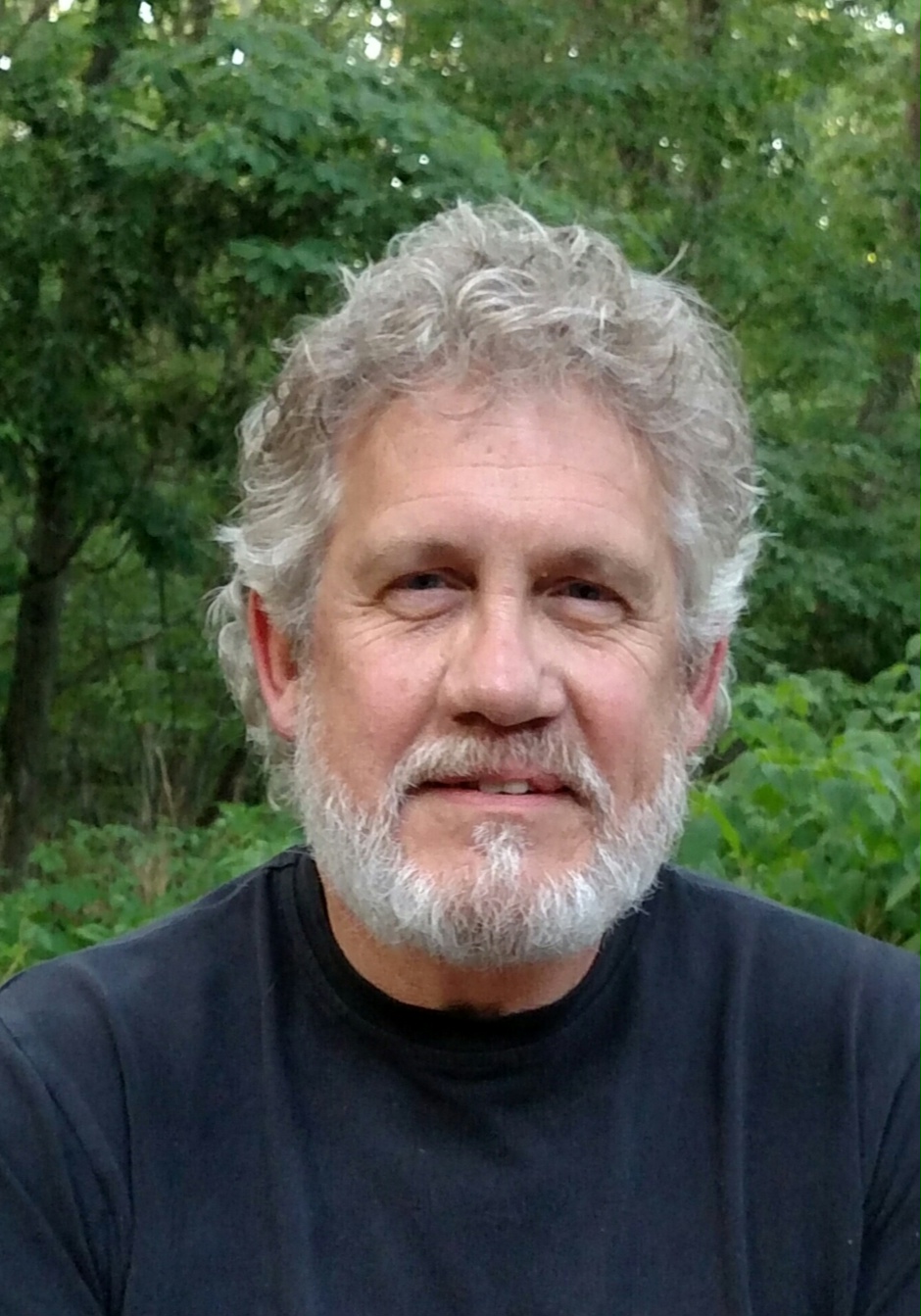
It doesn’t matter where we were,
where we were going or
who we even are. It only matters that
we rode inside on heated seats with safety
features reminding us to wear seatbelts,
airbags ready to deploy
should the call come for protection.
Windows kept clean
so I can I look to my right
at forsythia frothing in yellow,
lupine shading violets.
Crepe myrtles drape ditches of daylilies,
demarcation between farmhouse and field.
Not enslaved to a radio DJ, playing what I choose
from my mortgage payment smartphone.
Advantaged eyes wander left, witness a murder
of crows, a battle, beak-sharpened formation
attacking with ferocity and fear
tangible in the chaos. The one in center
with a garter snake dangling
from his mouth, seven others determined
to take it still alive and or kill, to conquer.
Look away is all it takes
to make it not so, an easy drift
back to Lucinda Williams’ Abandoned
and lilacs busting into bloom.

